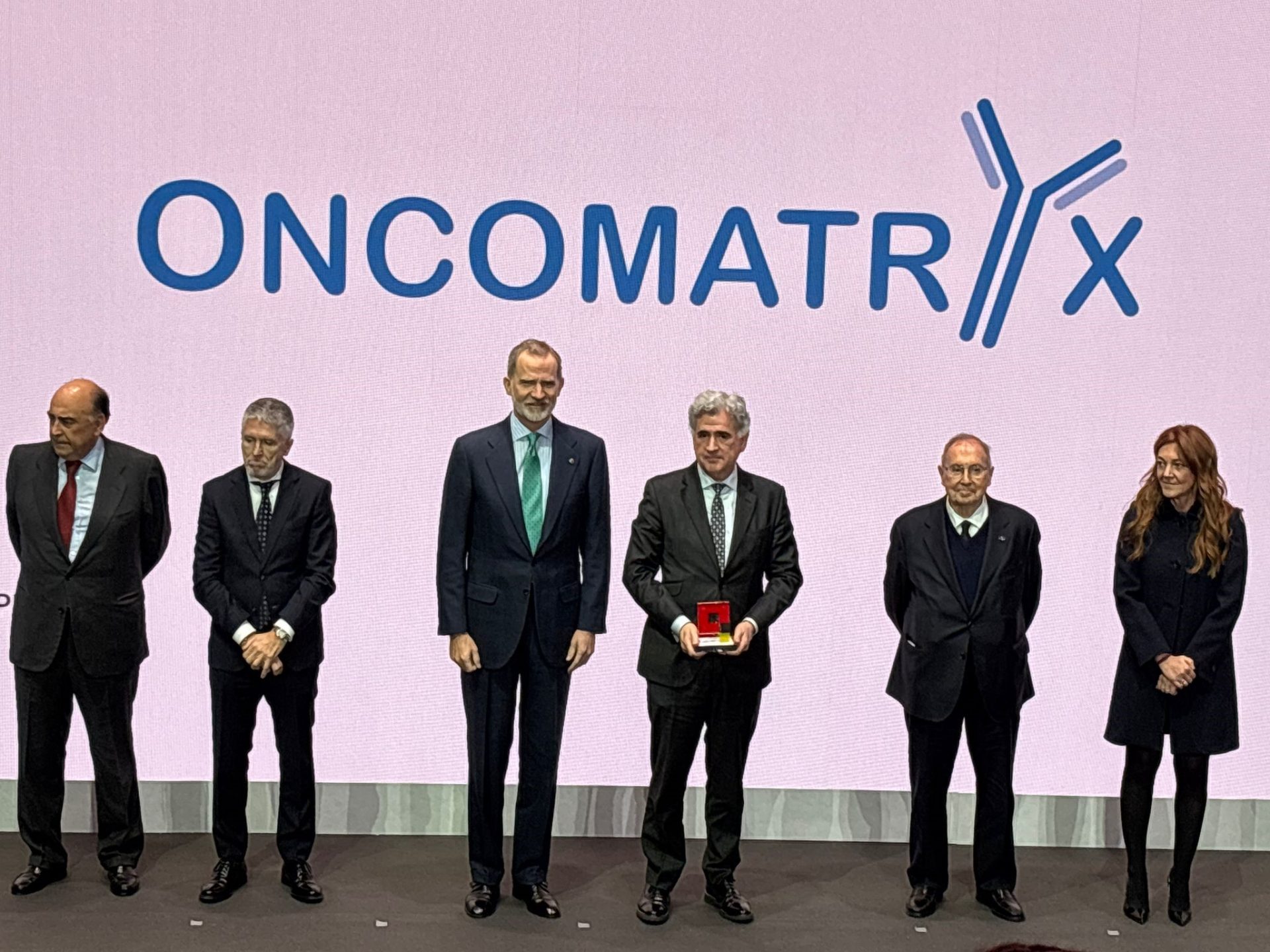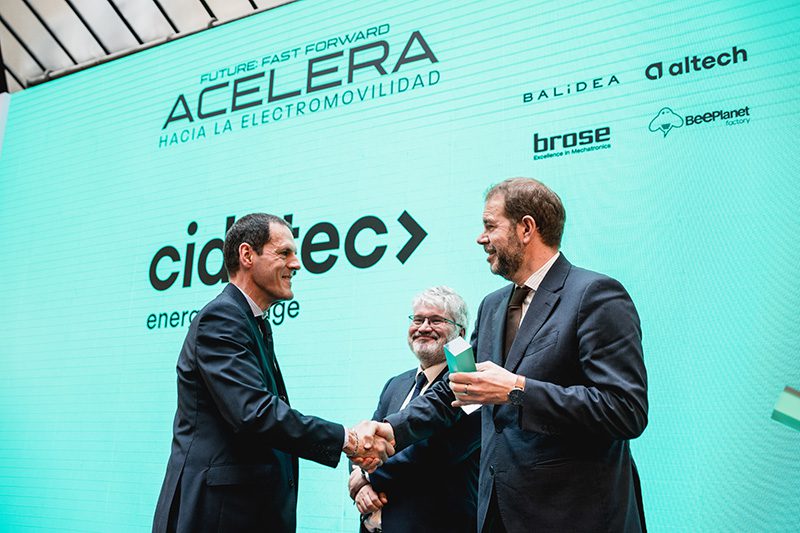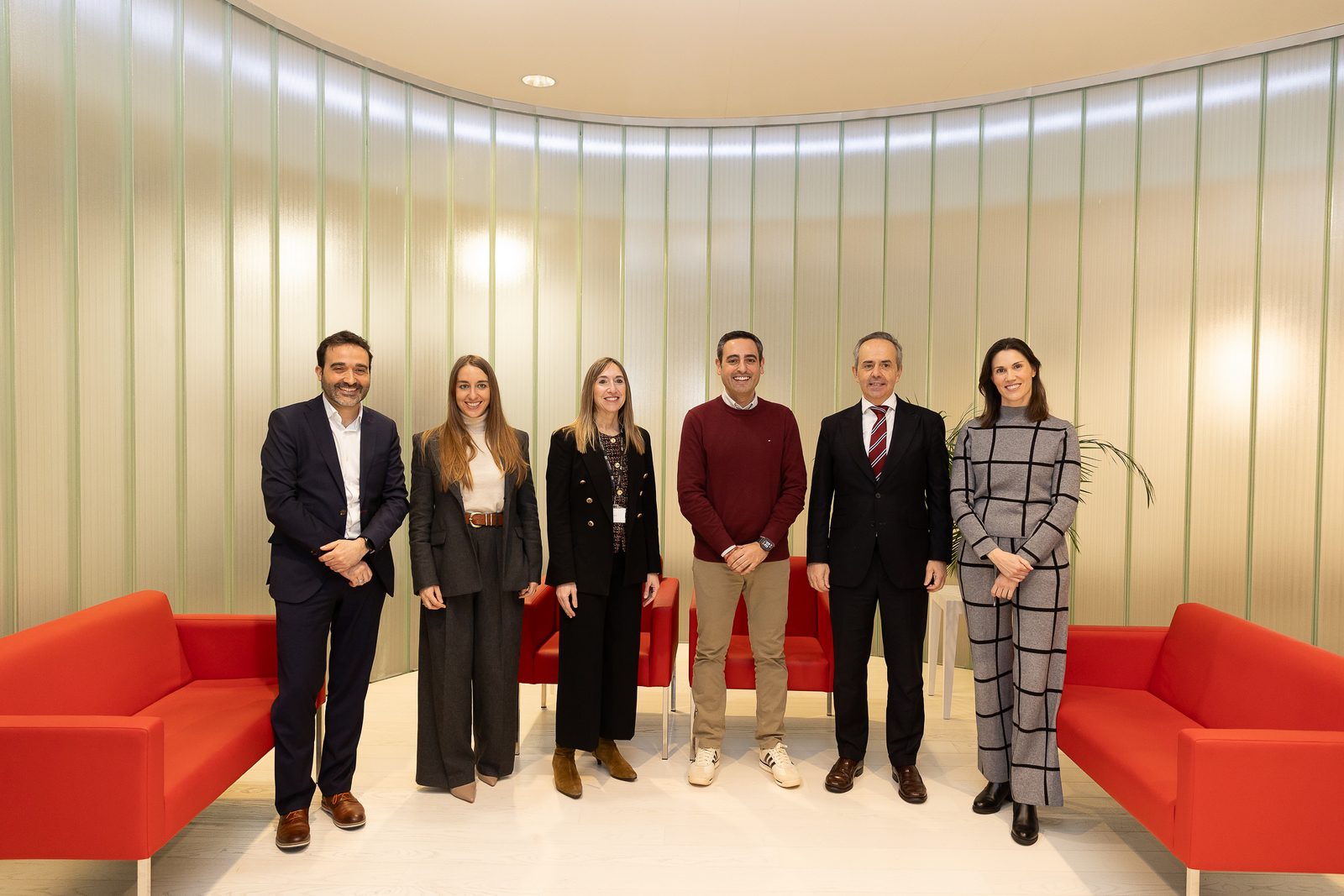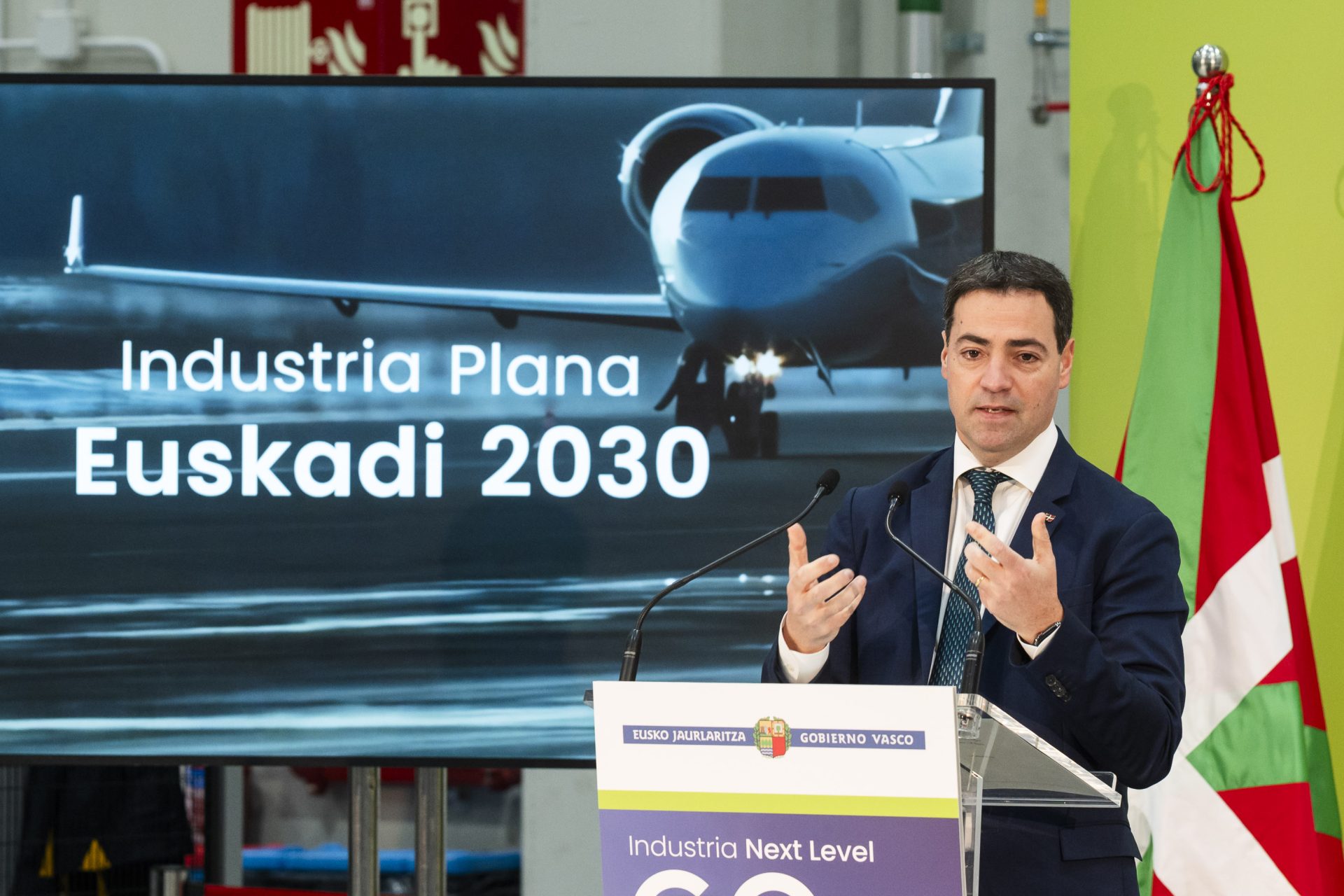200 members of 80 technology parks and companies are meeting tomorrow at the 10th International Science Park Conference in Vitoria-Gasteiz
. Barack Obama’s advisor Juan Verde is delivering the opening lecture, on sustainable economy.
. The Conference will gather the members of the Association of Science and Technology Parks of Spain (APTE), comprising 5,539 companies giving jobs to more than 145,000 people.
 From 17 to 19 October, the Álava Technology Park is playing host to the 10th APTE International Conference, to be attended by the representatives of 80 technology parks. This will turn it into a huge international forum for the sharing of information on initiatives, projects and opportunities for a sustainable economy.
From 17 to 19 October, the Álava Technology Park is playing host to the 10th APTE International Conference, to be attended by the representatives of 80 technology parks. This will turn it into a huge international forum for the sharing of information on initiatives, projects and opportunities for a sustainable economy.
The opening lecture, on Thursday at 10.30am, will be delivered by Juan Verde, an advisor in the re-election campaign of Barack Obama. It will be followed by a series of panels featuring keynote guests.
The first panel, ‘Business Opportunities in Renewable Energy,’ will be made up by Iñaki López Gandásegui, President of Aernnova; Julio Cortezón, Director of Renewable Energy at Repsol; Agustín Delgado, Director of Innovation at Iberdrola; and Daniel Fuster, Director of the Fossil Fuel, Oil & Gas, Wind & Solar Power Department at Siemens.
In the afternoon, a new panel will focus on ‘Mobility, Urban Planning and Construction: Sustainability Factors.’ Speakers include Alfonso Vegara, President of Fundación Metrópoli; Salvador Rueda, director of the Urban Ecology Agency of Barcelona; Emilio Titos, Director of Daimler-Benz Vitoria; Ander Elorriaga, Sustainable Production and Consumption Manager at Ihobe; and Jon Asín, Head of the Electric Mobility Department at Ingeteam.
The last panel, ‘Science and Technology Parks as Development Tools for Sustainability Strategies,’ will be at 5.00pm, with Marian Ibarrondo, Director of Innovation at the Bizkaia Science and Technology Park; José Luis Latorre, Director of the European Business and Innovation Centre of Aragon; Soledad Díaz, Managing Director of APTE; and Josep Piqué, Head of 22@Barcelona.
After being held in Seville last year, the three-day Conference is now gathering the representatives of 80 Spanish science and technology parks in Vitoria-Gasteiz, organised by the Basque Technology Park Network, a member of Grupo SPRI (comprising the agencies of the Department of Industry, Innovation, Trade and Tourism dedicated to the strengthening of the business fabric in the Basque Country). The main topic will be how to build a sustainable economy. In line with it, initiatives will be discussed leading to creative sustainable policies despite the economic downturn.
Science and technology parks must share their forces to lead projects for a sustainable economy or sustainable development, understood as the meeting of current needs without endangering future resources by excessive consumption. Of course, sustainable development is related to green development and environment-friendly measures. No wonder, then, that the Conference is being held in a park that is part of the Basque Technology Park Network, which has been working on sustainability for years. The Network has been involved in the development of projects in the fields of sustainable construction, energy savings, conservation of the environment, and social issues. Moreover, attendees will learn about Vitoria-Gasteiz’s achievements in the area, which earned it the ‘European Green Capital 2012’ title.
The main topics to be discussed at the Álava Technology Park include the current challenges and business opportunities in renewable energy, mobility and transport in sustainable development (electric cars are now a reality), and the approaches to R&D policies in the field of sustainability.
APTE is comprised of 80 science and technology parks across Spain and, with them, 5,539 companies giving jobs to more than 145,000 people.
Holding the APTE International Conference in Euskadi will make it possible to show the successful model of technology parks in the Basque Country, where their turnover went up by 5% and their jobs increased in 2011.




